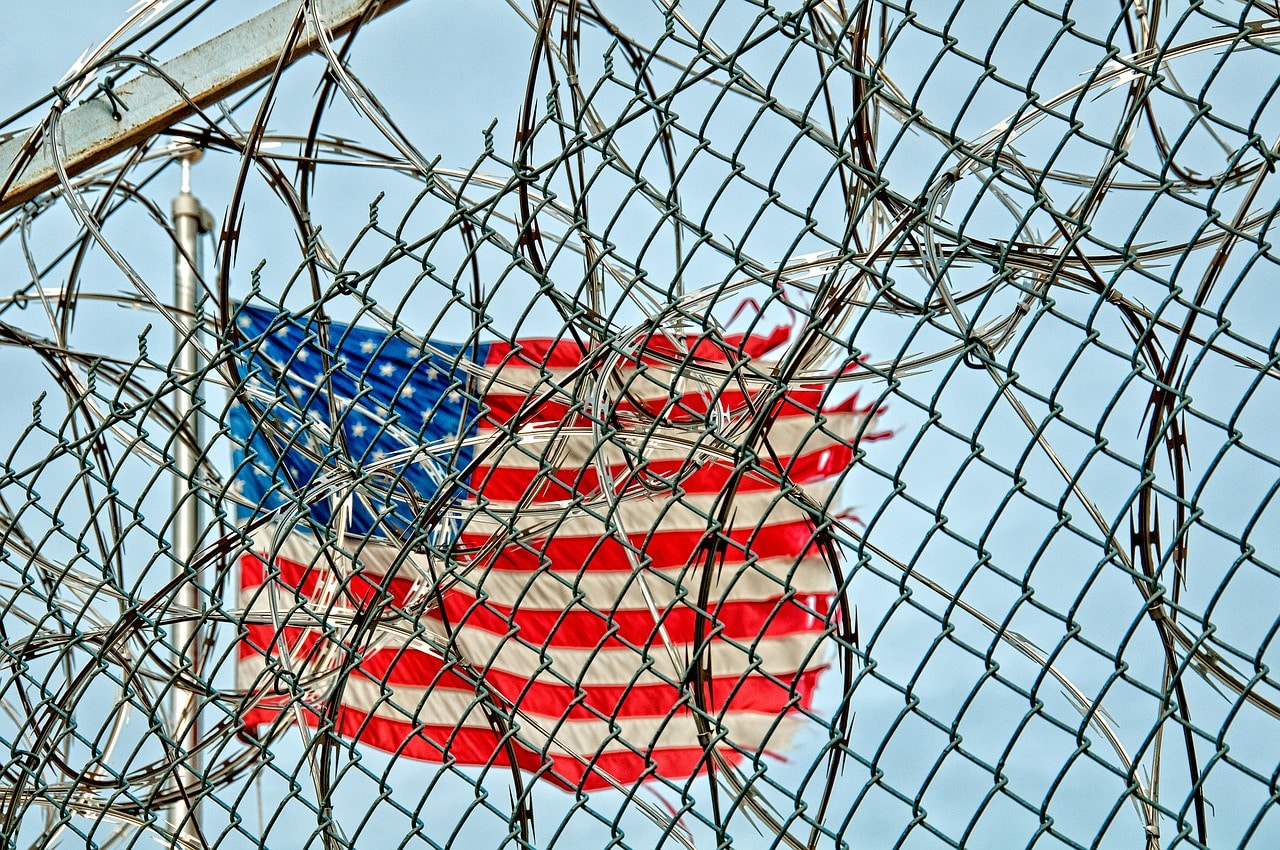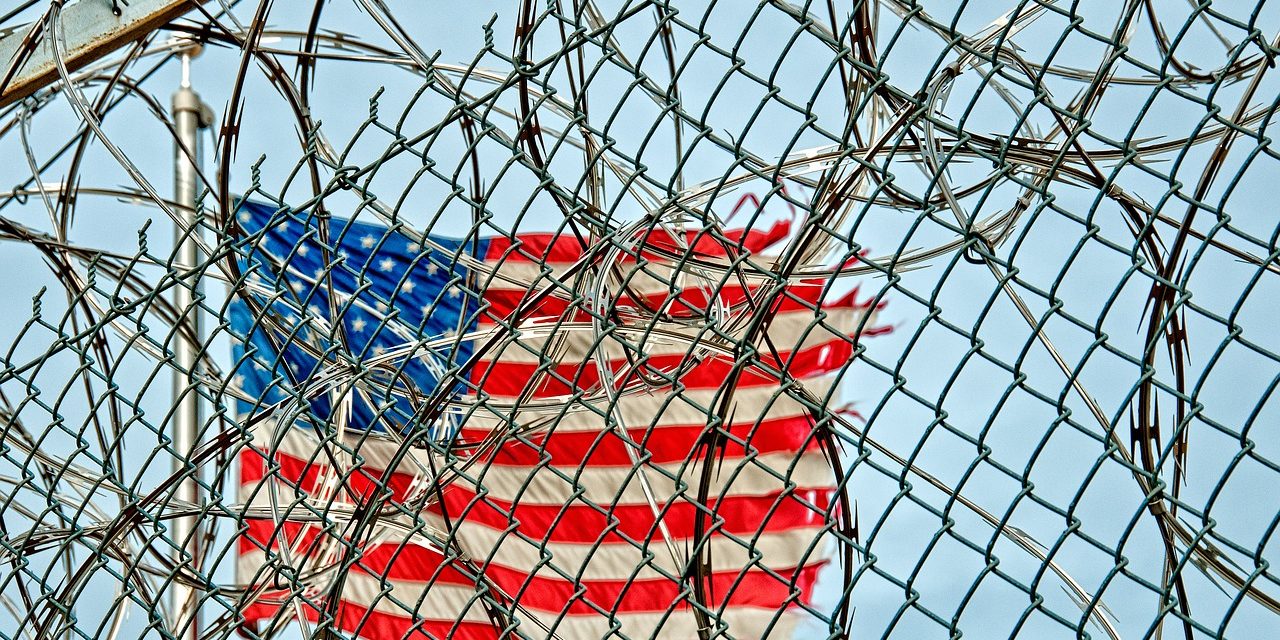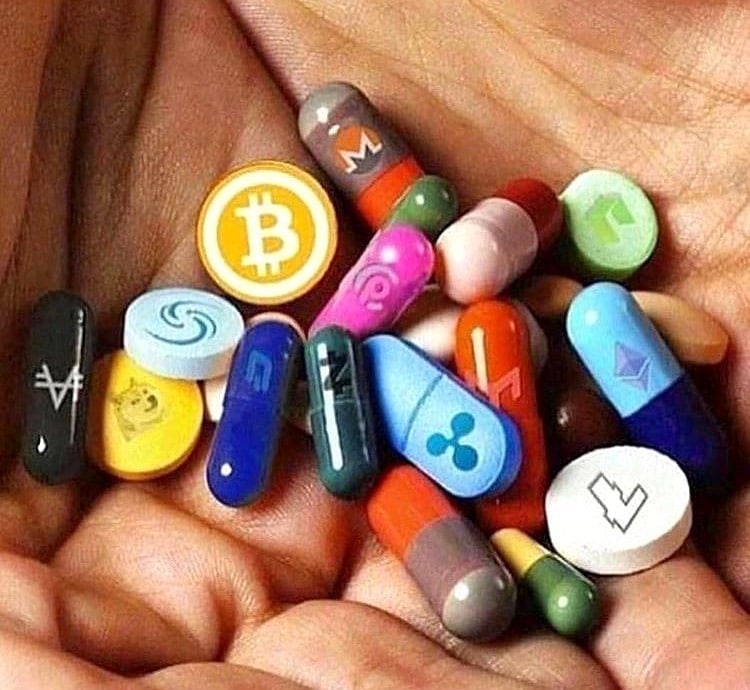
In our first interview with Brian Normand, co-founder of Psymposia, we discussed the upcoming event CryptoPsychedelic and the exciting intersection between cryptocurrency and the realm of psychedelic research and advocacy. In this follow-up interview, we dive into one of Brian and his organization’s other passions- drug policy reform. One of the big questions that Brian wants to tackle at CryptoPsychedelic is how cryptocurrencies might help to end the war on drugs, bring light to drug prohibition, or provide meaningful harm reduction education. It is an exciting and prescient topic to explore that, for now, creates a lot more questions than answers.
Thank you again for speaking with us, Brian. Earlier you were speaking about the need for increasing accessibility for psychedelic treatments. Can you elaborate on that a bit more?
The accessibility argument is amplifying as of late. I think what MAPS is doing is fascinating by developing a nonprofit pharmaceutical company, but how will we make these medicines accessible to communities who need it the most- those who have historically been oppressed, traumatized, or left outside of the healthcare system? Those who don’t have the ability to get treatment, to get therapy. Many of the people I talk to are very conscious of that, and it’s an important point. So the question we want to ask at CryptoPsychedelic is: is there a way that blockchain can work to solve some of these things? Is there an application, a use case for reversing some of the trends that we see in drug policy? I don’t know, but I think it’s worth asking the question.
I see a lot of the problems of the war on drugs as cornerstone, fundamental issues in this country. Being in Baltimore, I see everyone talking about treating the symptoms that arise from this completely backwards drug policy. Everyone is looking at the surface, but they don’t see the fundamental causes that are underneath, or try to address those things. So, is there a use case there?
I think that’s so important to keep in mind. What MAPS is doing to medicalize and legalize psychedelics is so important, but it still does not reach everybody. And it’s important that we think about everybody, people who wouldn’t have access to this even if it were legal. One of the first things that came to my mind was a cryptocurrency called Medishares that is a mutual aid marketplace, basically decentralized blockchain health insurance.
Right, I think a lot of people are looking into these things, and how do we get them to fit that into psychedelic therapy and issues relating to the war on drugs? And it’s so invisible in this country. People don’t even know we live in prohibition in this country; they don’t even see it.
It’s always been there, and those who are not initiated into the real history just accept it as normal. Everybody knows about alcohol prohibition and how it was this crazy time and such a bad idea, and yet so few people in the general public realize that it’s happening right now, and that it’s the reason why we have so much crime, drug abuse, and a ballooning prison population.
Right, and the violence in Baltimore is unbelievable. Baltimore is 1/4th the size of Chicago, and they have 50% of the homicides, per capita. I’m very willing to bet that a large percentage of that is caused by drug prohibition. I don’t think many people are really willing to acknowledge that, or they have their hands tied because public opinion is not there, so for a politician to talk about it is a risky move.
I do think we are going to start hearing much more about it in the next couple of years. I think we’re going to have a bigger dialogue including full decriminalization. I think this moves by word of mouth, conversation by conversation, and that takes a while through populations. But when we get there and reach a critical mass, these old policies will be exposed for what they are.
I absolutely have a hope that things are moving in the right direction, so I think we should be patient and look at solutions. Because the solutions that are presented by traditional sources are not really looking at these things. So why not connect with people who are building these new technologies that are going to reshape so many things- why not look at what they’re doing and work together if we can? What is there to lose by asking if this is a possibility? If we rewound time and it was 1994, and we were asking: hey there is this new internet thing, is there any way that we can educate people about drug reform, and can we tie these two things together? Now it’s like: of course, this is a tool that we can totally use. The question is, are we there again? I think we are.
A lot of great minds believe the blockchain is a revolution bigger than the internet itself.
Right, so how can we utilize blockchain technology to end prohibition? I don’t know. But I want to ask the question. How can we help out people who are being underserved or oppressed by the system? Whether it is through funding, or finding people who need therapy, or giving legal representation to people who have no means to defend themselves adequately in court. There are so many people who are being busted for drugs who don’t know there’s better representation out there. There are also activists who don’t know that many others are on their side. I think those are areas that really need to be improved.
My mind is going wild with a bunch of ideas about different ways this could all unfold, and I’m sure that so much will come out of the event.
This will hopefully be the first of many. I want to look at which new solutions are there. Is there a better solution than what is currently available?
The Pineapple Fund was a big moment for these worlds coming together. I think it’s really symbolic.
I think it’s amazing. MAPS is relying on private donations to do something that is pretty historic, and I think there is this beautiful freedom in not having to rely on government funding and the strings that come with it. Blockchain and Bitcoin have unleashed wealth on lots of people who are not connected to this elite aristocracy- they are just ordinary people, and they can make a huge impact in a lot of important areas. It’s really amazing. And that’s what this movement needs. It needs this because a lot of the great groups out there don’t have funding. If they had funding, I think huge progress could be made in education and public perception about these things. I think that is what’s lacking. So we need to discover these new methods of funding. With crypto, its really divorced from the usual funding models; its a new one. Let’s discover these people and see what’s out there.
Taking a really optimistic perspective on this, one can be hopeful that crypto will create this new class of early adopter techie millionaires, that there will be this transfer of wealth that’s empowering early crypto investors. The person behind the Pineapple Fund represents one of those people, but we saw other anonymous donors show up and donate even more after that. Could this be just the beginning?
I think a financial revolution is happening. If we zoom forward a hundred years from now, I think we will look back at this early part of the 21st century as the beginning of a huge financial revolution that took place and came out of the internet. The internet allowed for this old system to be shaken off. At the time of the printing press, did they really think forward about what the implications were going to be? It’s super hard to see things in the present. If this is a financial revolution that’s taking place, I think it’s going to empower a lot of people who aren’t tied to old systems or worried about public perception of them donating to the causes that they believe in. Plus, it can be anonymous.
Yeah, and there’s sort of a philosophy baked into cryptocurrency- this push for decentralization in order to avoid the tyranny of centralization, whether it’s banks or governments. The set of people who will be enriched by this are already on the side of decentralization, and are likely to support things like drug policy reform and psychedelic research.
I hope that’s what happens. I think it can. If we want to fix all these problems, I think the war on drugs is the biggest. If that can successfully be resolved in just a few ways, I think many of the symptoms we currently see will start to change. Would there be the amount of mental health related issues that we see out there now if we hadn’t made mistakes in the past? I don’t think so. What are the effects on society when we become deficient in these powerful medicines or plants? I think we are seeing them.
Seeing them all too clearly. There is so much good news out there and so much bad. But I remain optimistic because we’ve come so far. We have people like Dr. Carl Hart coming forward, we have the UN recommending to legalize all drugs, cannabis reform leading the charge in terms of waking people up to prohibition, and of course all the work that MAPS is doing to make MDMA and psilocybin therapy legal.
I think this will be a very common perspective in the coming years. Think of how many young people are super interested in cryptocurrencies, but don’t know anything about drug policy. So what’s the crossover there? How do we use that as an opportunity to educate young people? I’d argue that it’s probably the most important thing, because we have a complete absence of any kind of honest drug education. That just doesn’t exist. Every kid is around marijuana now, and I think it’s a good opportunity to have an honest conversation there.
I’m kind of a newbie to the crypto space. I started getting into it when I saw on Reddit the memes of Bitcoin going over $9,000. Bitcoin was on my radar for years, but I’d never done a deep dive into it. When I started to go deeper, I was like wow, this is truly revolutionary. Drug policy is about laws and governance, and that is one of the ways crypto is innovating: creating fair voting, consensus models and so forth. This is such a ripe area for discussion.
Well, let’s get some of these thinkers building the tools to bring their ideas on this to the table. That’s what we want to do with CryptoPsychedelic. It just made sense and kind of happened, so let’s go with it and see where it leads.
We are very grateful to Brian for speaking with us about this exciting event. To learn more or get involved, check out CryptoPsychedelic on the web, Twitter, Facebook, Slack, and Psymposia.











